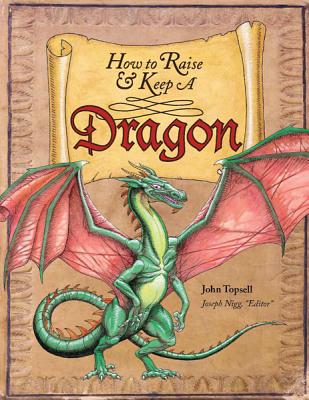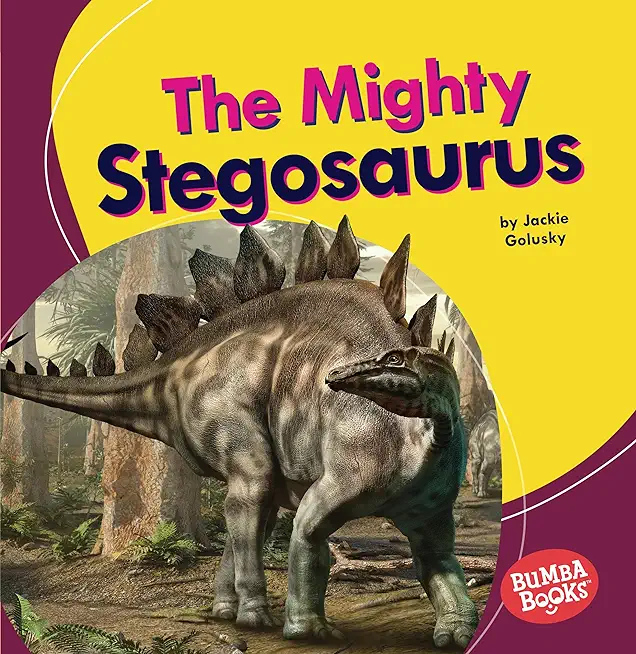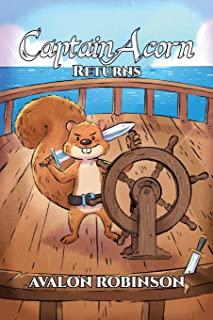
Lowen, James
product information
description
9
This book narrates a year--long quest to see Britain's rarest and most remarkable moths.
This book coaxes moths out from the darkness and into the daylight; Much Ado About Moth-ing reveals that moths are so much more attractive, approachable and astonishing than butterflies--with richer tales to share, from migratory feats through mastery of camouflage to missives about the state of our planet. This book seeks to persuade the skeptical, the fearful and the unaware of the unexpected beauty of these misjudged insects. The author, James Lowen, makes a case for moths by recounting a suitcase full of journeys across Britain over the course of a calendar year. Britain has a lot of moths--40 times more species than butterflies--so rather than try to see them all, James pursues quality over quantity, prioritizing our scarcest and most special species. His travels extend from the Isles of Scilly to northernmost Scotland. More than any other animals, moths demonstrate a very precise determination of place - one species, for example, rarely ventures more than 10 meters from the place it hatches as a caterpillar. Accordingly, this book drinks in the landscapes where moths reside. It's also a book about people--James meets moth--fans wherever he goes, be they expert entomologists, professional conservationists or amateur "moth--ers." He asks why they love what many people choose to hate, and how moths impact their lives. Through the filter of moths, he explores the concept of obsession, both in other people and, as the year progresses, in himself. This will be a book not just about moths, or about moths and place--but about moths and place and people. A counterweight to James's expeditionary travels is his suburban garden. James and his young daughter measure the seasons by the moths that come and go, for perhaps the greatest virtue of moths--paradoxically, for those who consider them invisible--is their accessibility. Moths are everywhere, but above all they are here, and what's more, they'll sit calmly on a fingertip, providing first--hand amazement to children and adults alike like no other animal.member goods
No member items were found under this heading.
Return Policy
All sales are final
Shipping
No special shipping considerations available.
Shipping fees determined at checkout.







